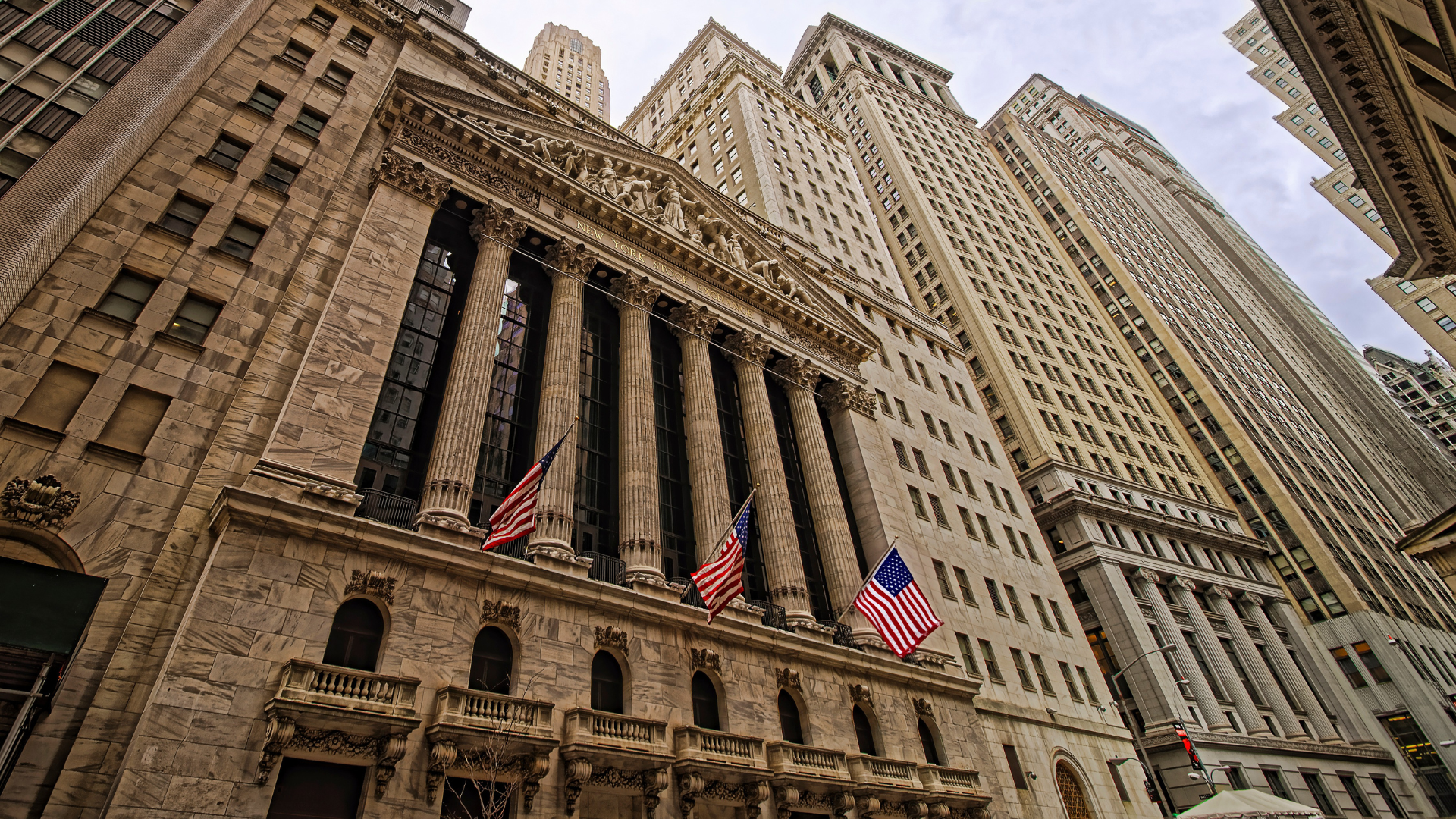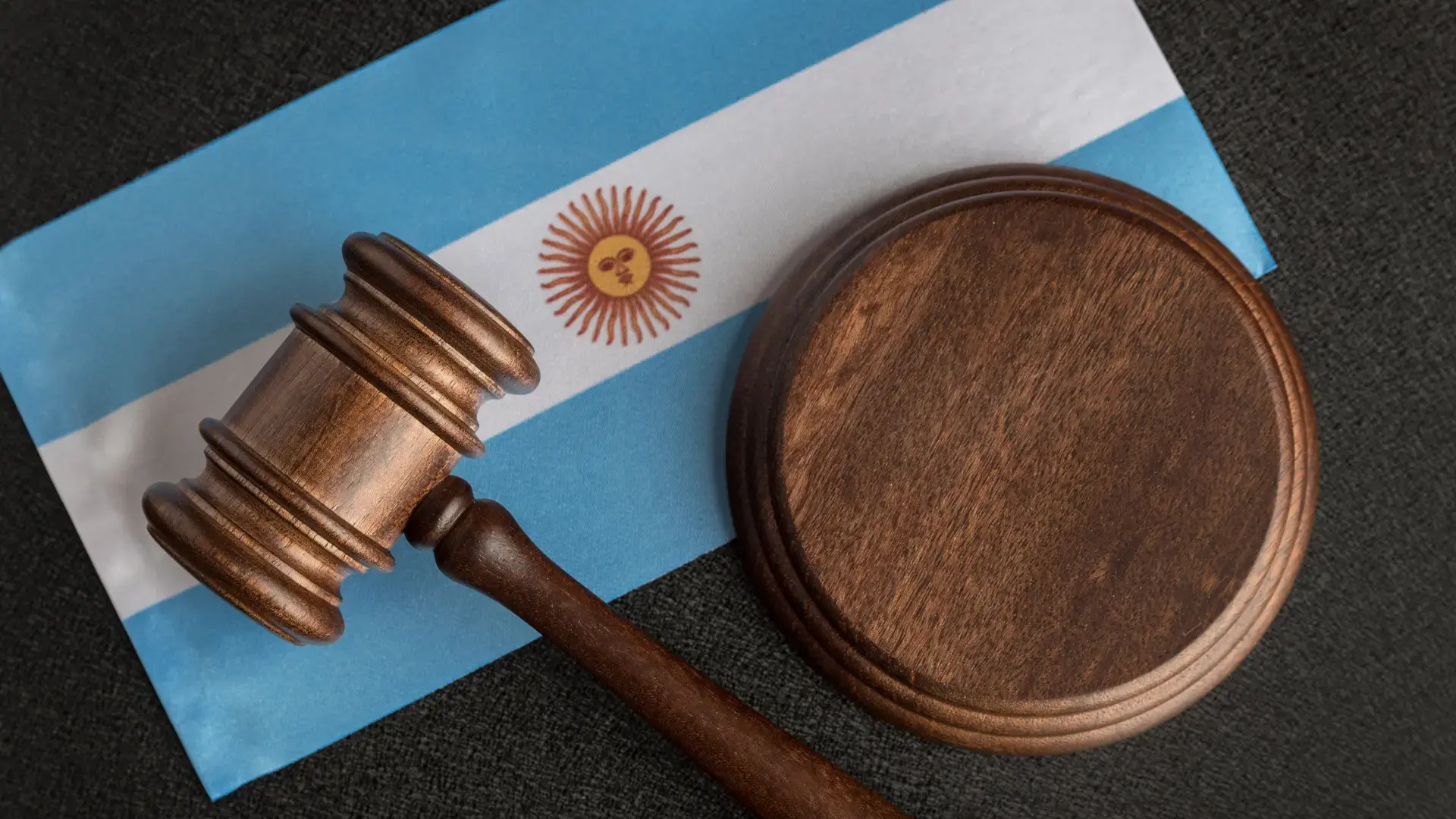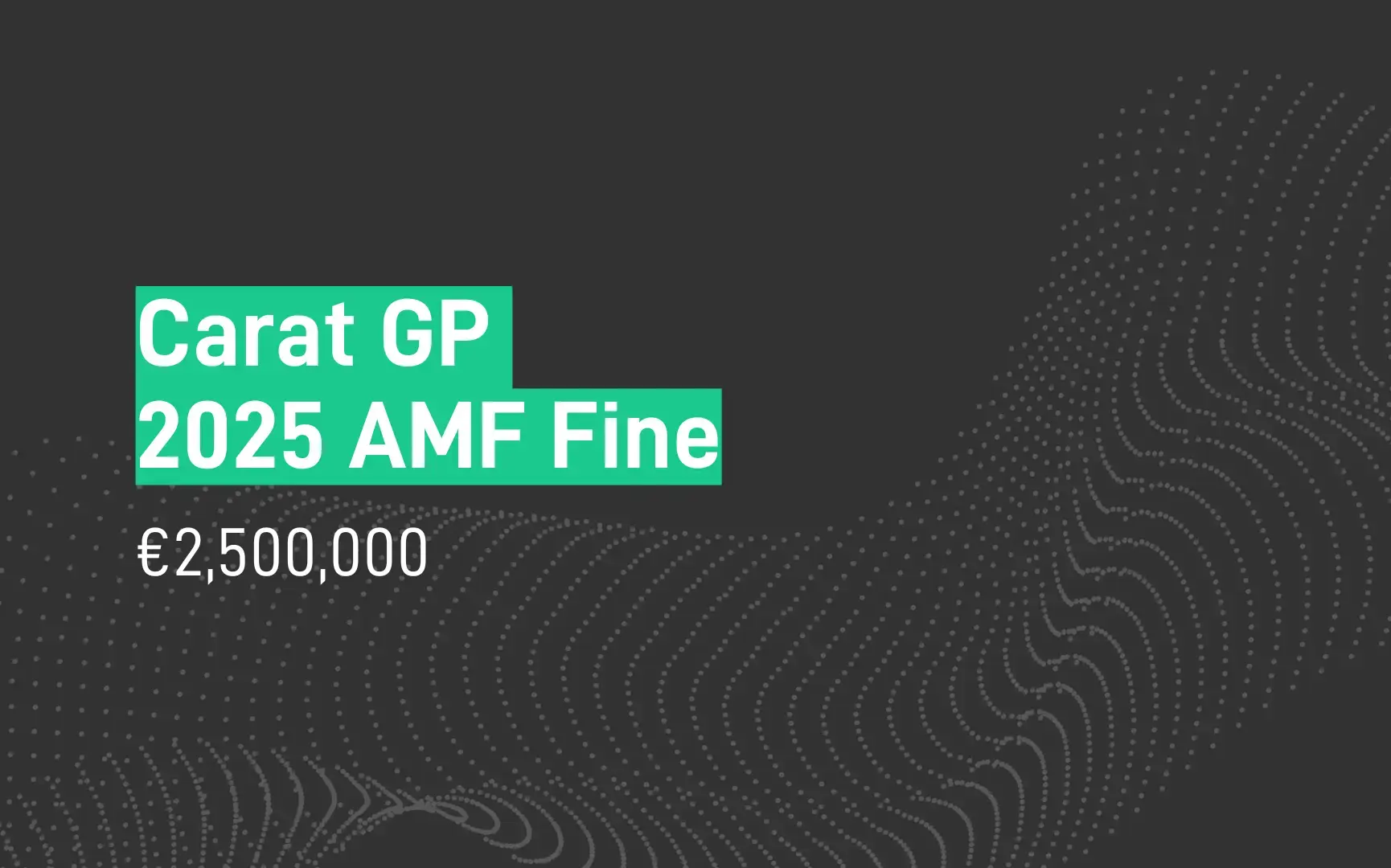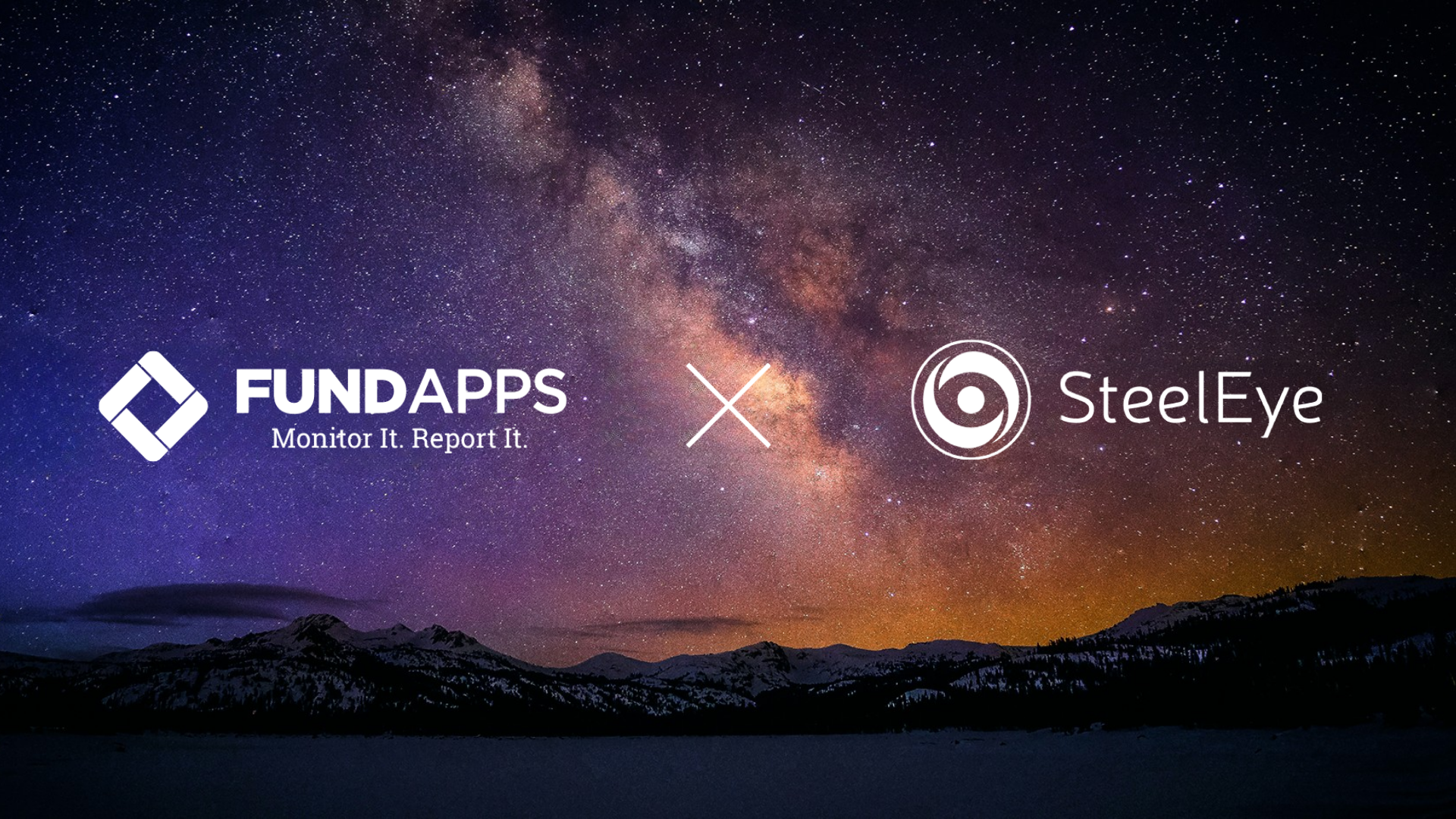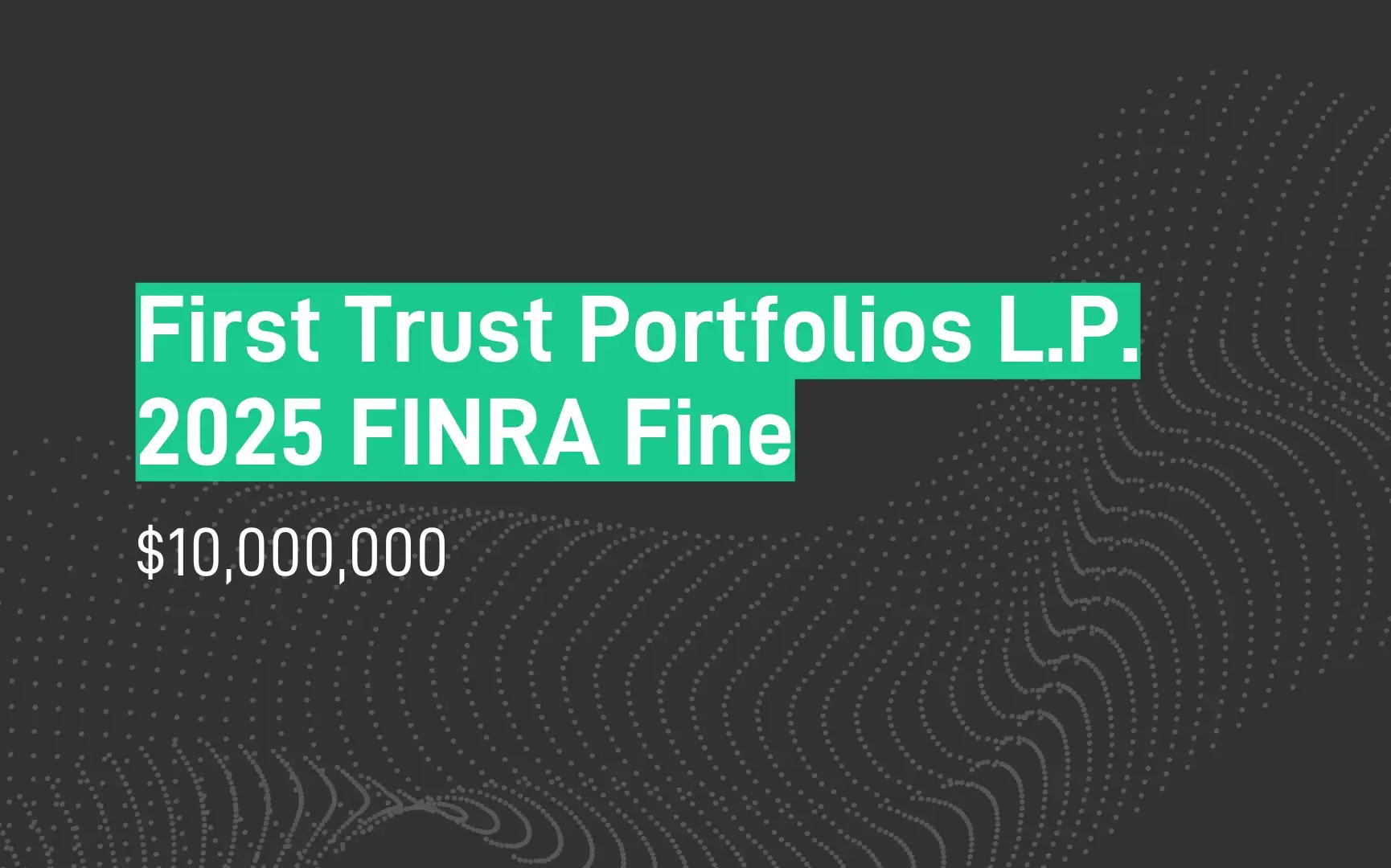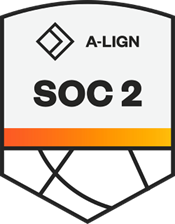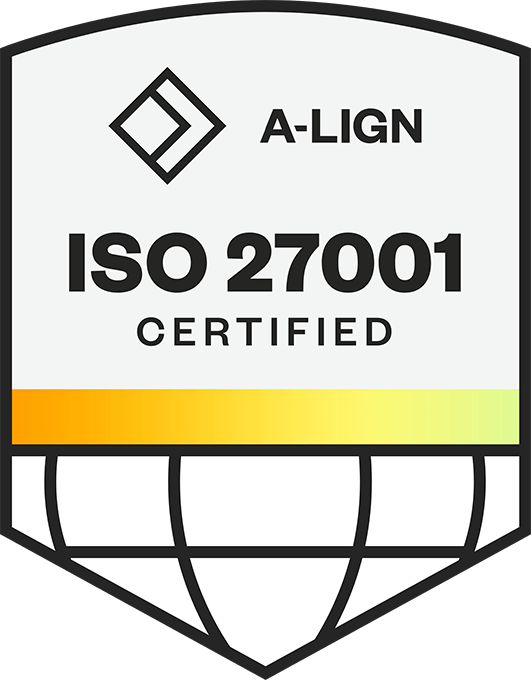-
Solutions
-
About
-
Blogs
- Enforcement
- News
- Press Release
- Regulatory Watch
- Success Stories
-
White Papers, eBooks & Guides
- The Role of AI in Market Surveillance
- Mounting Pressure on MAR Surveillance
- Essential Strategies for Comms Surveillance Mastery
- Establishing Effective Trade Supervision
- Financial Compliance Guide
- Future of Regulatory Reporting
- Holistic Compliance Guide
- Reducing Compliance Complexity & Cost
- RegTech Glossary
- RegTech Vendor Comparison
- 5 Ways to Comply Smarter
- 5 Steps to Great Data Governance
-
Engage
- Book A Demo




